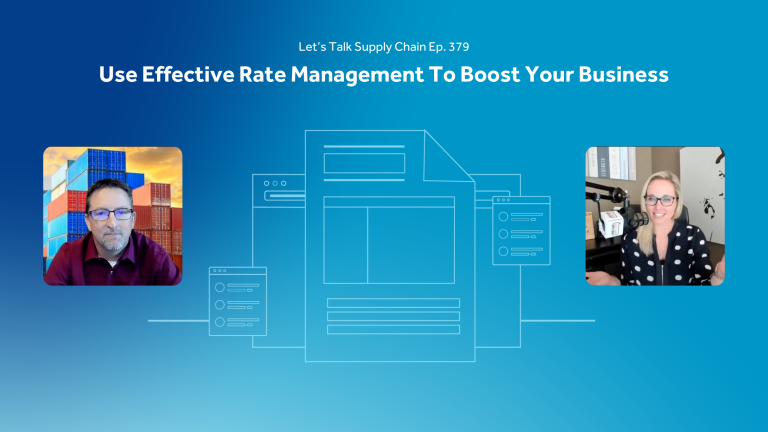The transportation industry is booming, and analysts predict a continued rise in the number and frequency of shipments carried from one location to the next in the upcoming year. Customers are demanding faster deliveries in today’s ever-connected world, and companies need assistance to ensure they continue to run a viable business. Freight businesses, then, play an integral role in delivering on the promise of shipping, albeit in various capacities.
There are countless opportunities for licensed and bonded freight companies in the US and other parts of the developed world as the need for coordination and successful delivery of freight continues a steady climb. However, individuals or companies considering entering the freight market should recognize what it takes to get the job done right, and what is essential for establishing and maintaining a successful business well into the future. The first step is understanding the difference between a freight brokerage and a freight forwarding business.
Starting a Freight Brokerage
As a freight broker, individuals are not tasked with managing the shipment of goods from one location to another specifically. Instead, freight brokers work as intermediaries between suppliers and carriers, ensuring the shipment is delivered as promised. Freight brokers examine the carrier options for each shipment, determine which makes the most logistical and financial sense for the supplier, and then connect the two. All of this takes place in exchange for what can be significant payment, but freight brokers must have strong interpersonal skills, communication skills, and problem-solving skills from the start.
In addition to honing in on the specific skill set and business contacts needed to become a successful freight broker, it is also necessary for freight brokers to evaluate the start-up costs associated with running an efficient, profitable business. Initially, opening a freight brokerage business comes with few costs – brokers need a way to communication with suppliers and carriers as well as a reliable software program and laptop. Also, all freight brokers must be licensed and bonded in order to operate legally. The combination of these costs can be high, particularly when payment from a successful delivery does not take place until after it has reached its destination.
Getting up and running with a freight brokerage business boils down to an individual’s understanding of the industry at large combined with a little cash on hand to cover initial expenses. New freight brokers do not have many barriers to entry, making the career move a profitable one for many. However, staying competitive in an already saturated market and working with the right carriers from the beginning can be a true challenge. It is necessary to understand these challenges along with the opportunities before jumping into a freight brokerage business.
Starting a Freight Forwarding Business
Individuals interested in joining the freight world may opt for a career as a freight forwarder instead of a broker. As a freight forwarding business, companies have their hands on shipments directly, accepting goods from customers, storing them in a warehouse, and then ultimately delivering them to the end user. Similar to brokers, freight forwarders connect carriers to suppliers to handle shipments in some instances, typically when transport overseas needs to take place.
Start-up costs for a freight forwarding business can be far higher than a freight broker business. This is because a freight forwarder may handle more aspects of transportation and shipment logistics. Freight forwarders often need a vehicle to use in the business, a storage facility for shipments, and packing materials on hand. Logistics software, a computer, cell phone, and bond are also required for freight forwarding companies. Combining these costs together adds up quickly, more so than a freight brokerage start-up.
There are ample opportunities in freight forwarding, as there are in freight brokerage, but forwarders take on more responsibility in the shipment process. Because they have the potential to deliver goods themselves, any issues with shipments fall squarely on the shoulders of the forwarding business – not the carrier or supplier. Several issues with late or damaged deliveries can lead to a bad reputation in the industry, leaving a forwarding business with no prospects and no revenue. However, freight forwarding businesses also have the potential to thrive in the marketplace when they devise a strong, reliable system for getting shipments delivered as promised.
Overall, both freight brokerage and freight forwarding businesses have significant opportunities in the market today. The need for shipping and transport of goods has never been greater, leaving the door wide open for those who can understand the market’s needs and keep costs under control as they embark on a business in freight.
Author:
Eric Weisbrot is the Chief Marketing Officer of JW Surety Bonds. With years of experience in the surety industry under several different roles within the company, he is also a contributing author to the surety bond blog.




